
Call them idols or queens—K-pop royalty has a way of making the world dance. These artists turned comebacks into national events and style into global headlines. And fans never let go of the magic they created. Here’s your all-access pass to twenty female K-pop artists who still reign supreme today.
Uhm Jung Hwa
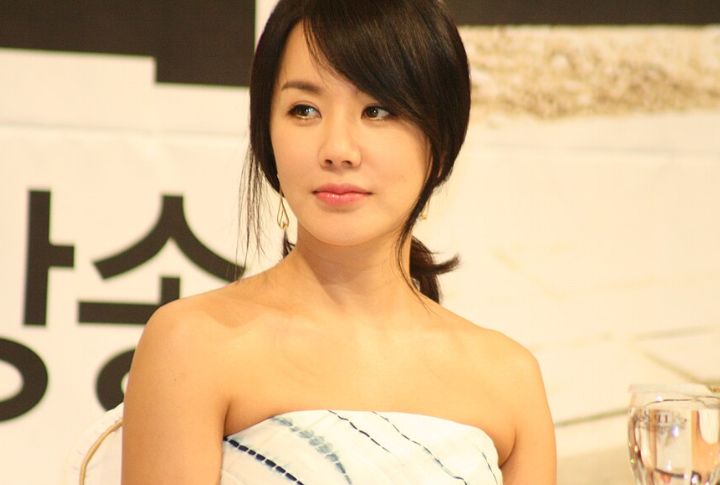
When Uhm Jung Hwa dropped her debut album “Sorrowful Secret” in 1993, the game changed. She was singing and building an empire that merged music with acting. Fans even crowned her “Korea’s Madonna,” and her daring 1990s hits cleared a bold path for every female idol who followed.
Kim Wan Sun

Picture the stage in 1986: Kim Wan Sun, hair teased, moves sharp, voice magnetic. Then the first notes of “Pierrot Smiles at Us” hit, and the audience practically levitated. That single moment turned her into the pulse of a decade, setting the rhythm every future idol would have to chase.
BoA
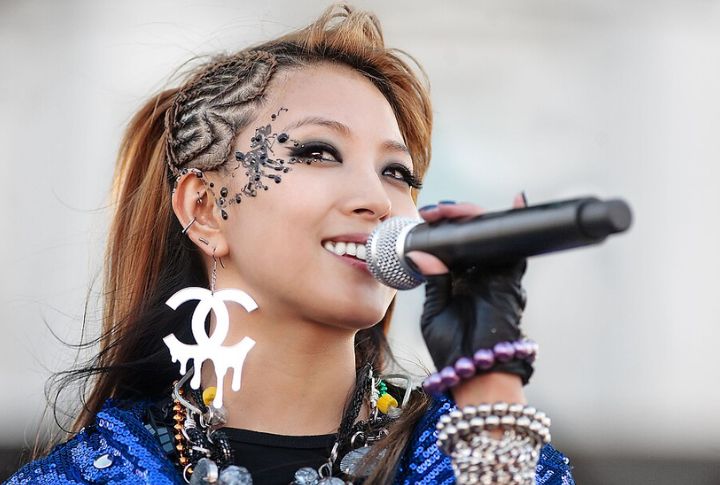
At thirteen, BoA signed with SM Entertainment, and she rewrote K-pop’s future. By storming Japan’s Oricon charts, she became the first Korean artist to truly break through abroad. And the millions of albums she sold crowned her the “Star of Asia” while signaling K-pop’s global breakthrough.
Lee Hyori

Lee Hyori’s career feels like a series of power moves. She began with Fin. K.L. in 1998, but when “10 Minutes” exploded in 2003, Hyori cemented herself as an icon. Since then, each reinvention pushed boundaries, and her bold stages turned K-pop performances into unapologetic statements of female confidence.
Taeyeon
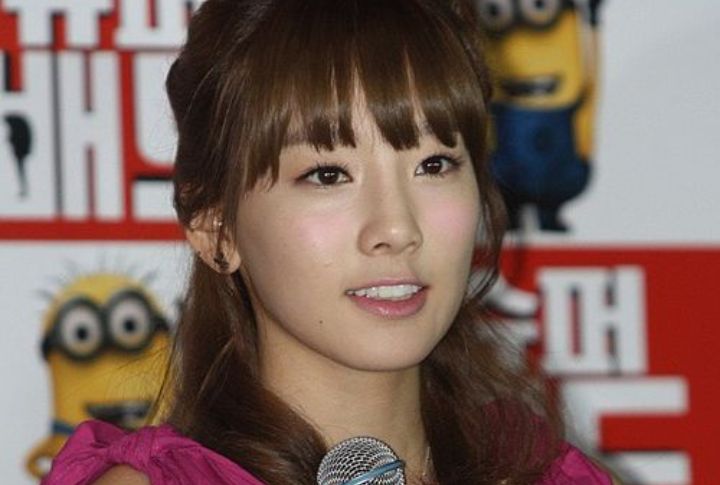
When Girls’ Generation debuted in 2007, Taeyeon’s voice cut through the noise like lightning. Her solo album “My Voice” revealed even deeper artistry, and with three MAMA Best Female Artist awards, she owned the stage by setting the gold standard for vocal excellence in K-pop.
Tiffany Young
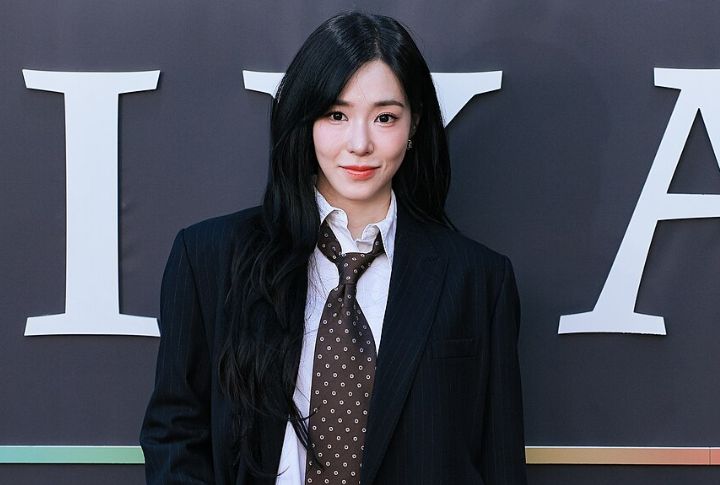
Tiffany Young lit up the stage when she debuted with Girls’ Generation in 2007, her radiant energy impossible to ignore. In 2018, she also stepped boldly into the U.S. scene with “Over My Skin.” Headlining American tours, Young connected cultures by proving K-pop could sparkle brilliantly across continents.
CL
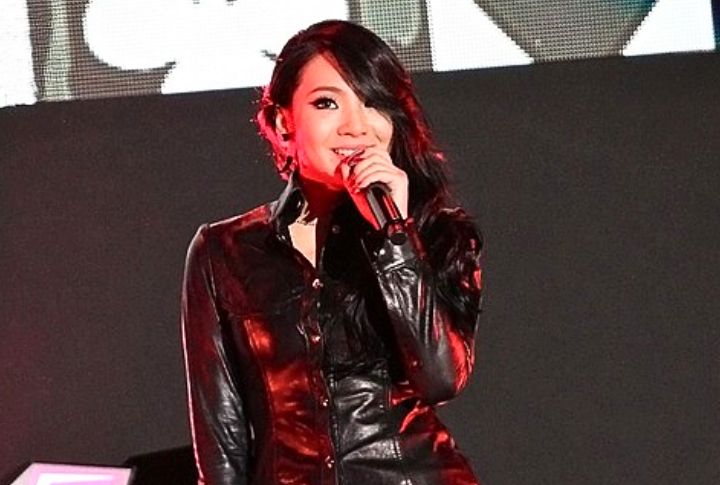
Storming into K-pop in 2009 as 2NE1’s fierce leader, CL radiated charisma that poured off the stage. Her track “Lifted” later even landed on Billboard’s Hot 100, and by 2018, she electrified the PyeongChang Olympics closing ceremony, as her unstoppable influence stretched across the globe.
Dara
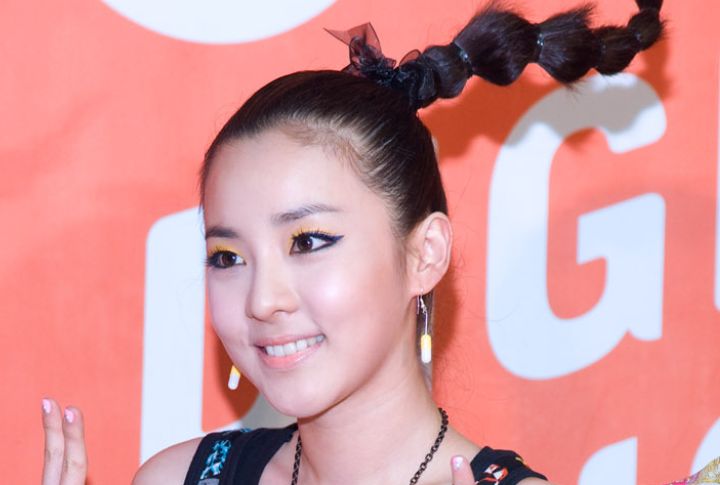
Before joining 2NE1, Dara already made waves in the Philippines, which gave her career a unique edge. Fans also adored her daring hairstyles and playful charm, while her acting and TV roles boosted her fame. Over time, she evolved into both a beloved entertainer and a true style icon.
HyunA

Remember 2007? HyunA started with Wonder Girls, but that was only her opening act. The real spark lit with 4Minute and later exploded when she went solo. “Bubble Pop!” crossing 100 million YouTube views wasn’t just a milestone—it was proof that her fearless presence was rewriting what K-pop idols could be.
Sunmi
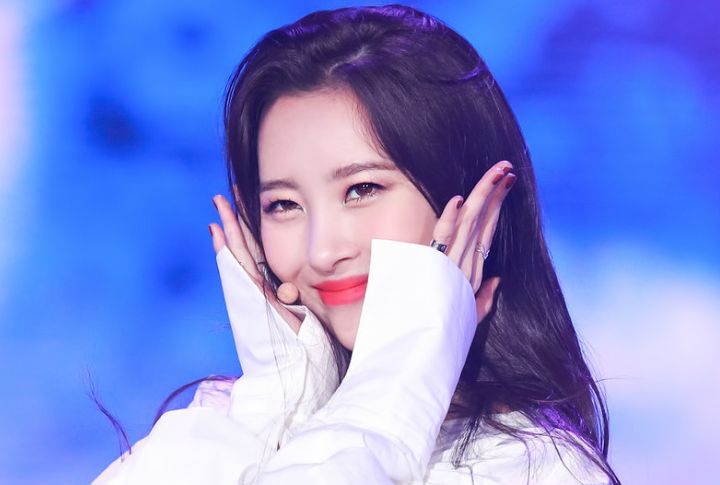
Unforgettable moments defined Sunmi’s second act. She started with Wonder Girls, yet the 2017 release of “Gashina” set the stage ablaze. Retro beats fused with hypnotic choreography to grip fans’ attention. Each reinvention she introduced drew the industry closer by solidifying her status as an unforgettable K-pop queen.
IU
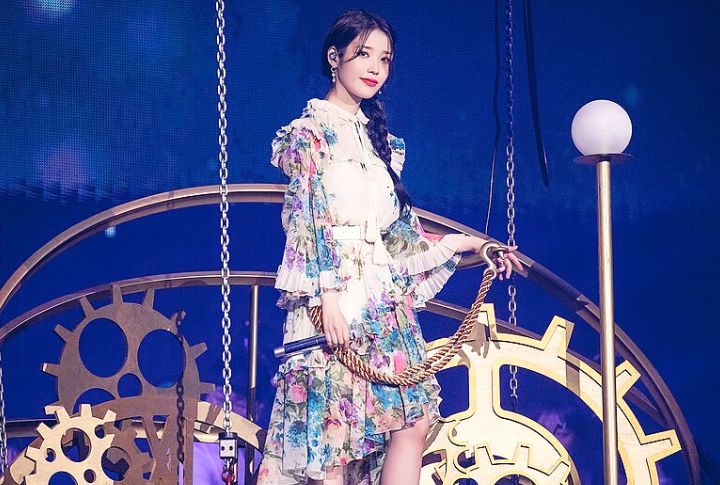
At just fifteen, IU stepped onto the K-pop stage in 2008 and stunned listeners with her powerful voice. Tracks like “Good Day” and “Palette” turned her into a household name, as acting roles expanded her stardom. She even became the first female soloist to perform at Jamsil Olympic Stadium.
Chungha
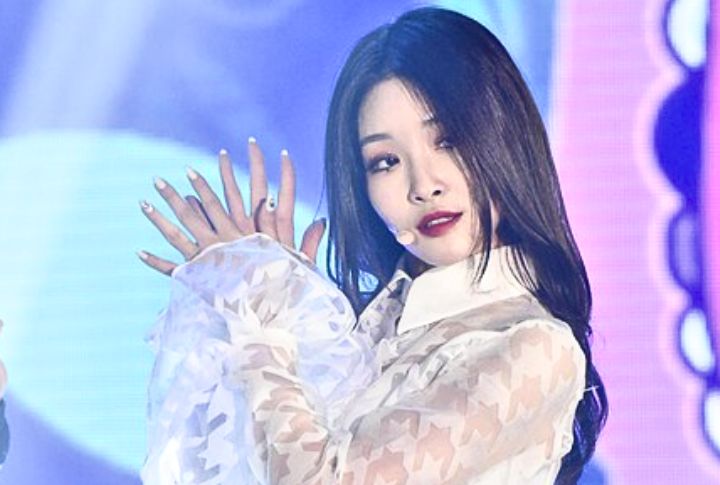
Chungha first caught attention in 2016 with I.O.I., where her razor-sharp dance skills demanded notice. Her solo debut, “Why Don’t You Know,” confirmed her star quality. Collecting Best Solo Artist awards soon after, she showed determination and undeniable talent by proving she could shine independently.
Hwasa
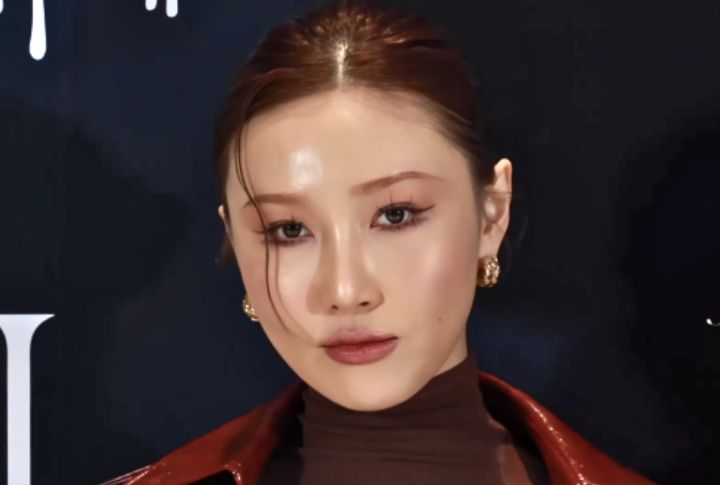
In 2014, Mamamoo welcomed a standout when Hwasa entered with her deep, soulful tone that immediately drew attention. Her fearless artistry also shone through in hits like “Twit” and “Maria,” to gain global praise. Additionally, her bold confidence challenged stereotypes and expanded her reach through international fashion and beauty campaigns.
Hyolyn
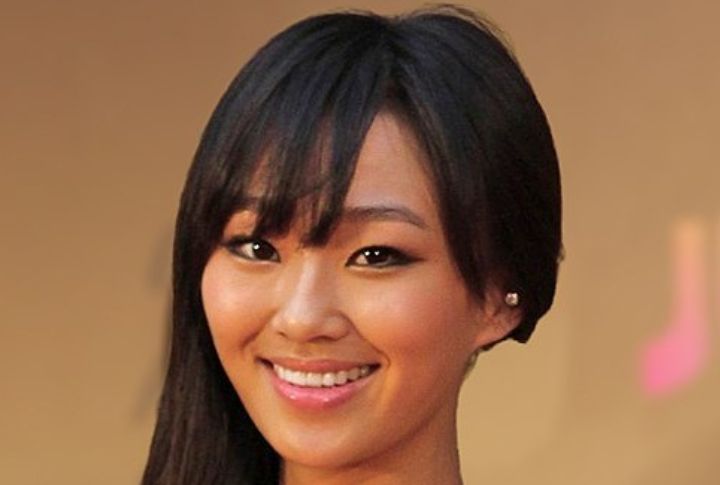
Hyolyn began lighting up stages in 2010 with Sistar, impressing audiences with powerhouse vocals. Later, her solo single “One Way Love” highlighted her versatility and unique flair. Taking control of her career, she then launched her own agency, Brid3, by showcasing independence and entrepreneurial strength in the ever-competitive K-pop world.
Suzy
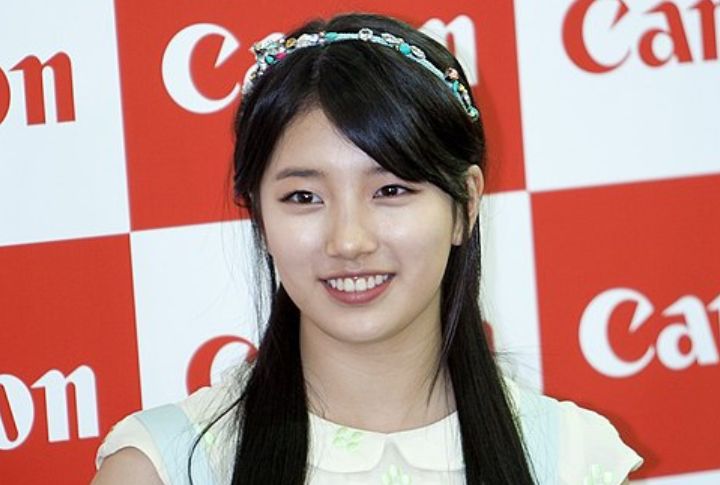
In 2010, Suzy stepped into the spotlight with Miss A and soon won the affectionate title of “Nation’s First Love.” Her effortless charm also carried naturally into dramas like “Dream High” and “While You Were Sleeping,” and by balancing music with acting, she built a career that is admired across generations.
Jennie
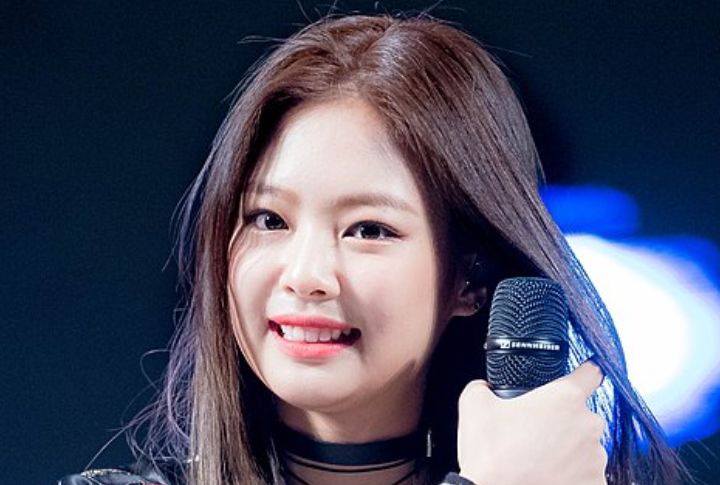
The world met Jennie in 2016 with BLACKPINK, yet it was her solo debut “SOLO” in 2018 that made waves across the industry. Beyond music, she even cemented her fashion status with Chanel partnerships. Then it was her standout Coachella performances that proved she was both a music powerhouse and a global style icon.
Irene
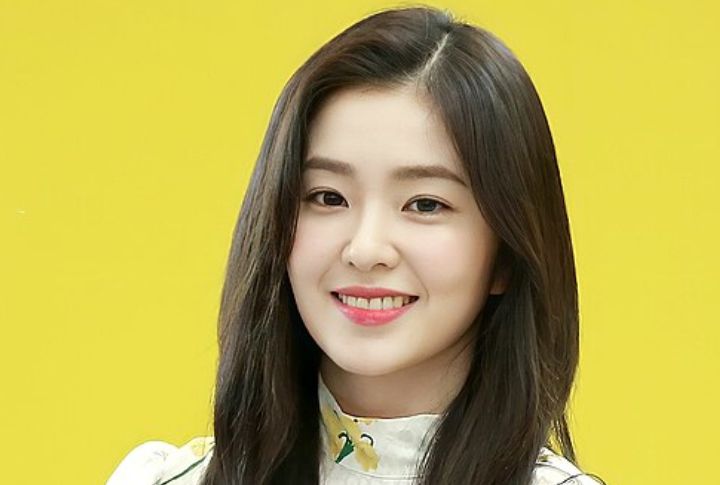
2014 brought Red Velvet—and with them, Irene. As the leader and visual center, she held the group’s identity together with quiet confidence. Yet it wasn’t only music. Hosting, variety, fashion campaigns—each one showed a new facet. And piece by piece, she became one of the most recognized faces in K-pop.
Seulgi
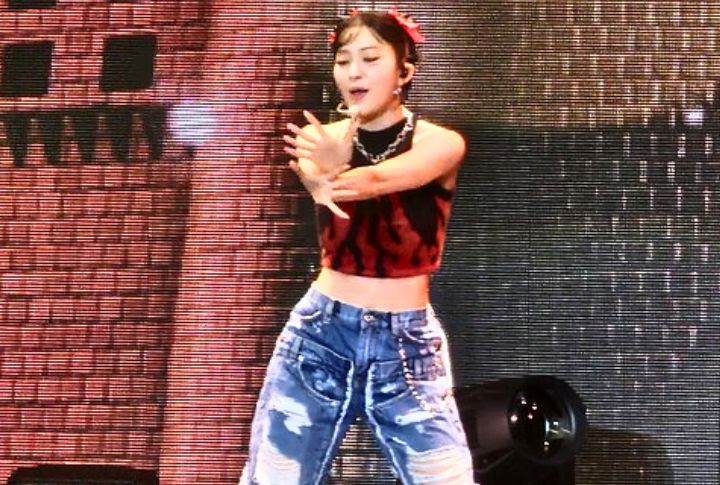
Balancing strong vocals with dynamic dance moves in Red Velvet, Seulgi’s artistry stood out immediately. Her versatility also made every stage unforgettable, and in 2022, she added another milestone with her solo EP “28 Reasons.” Fans praised her determination and talent, solidifying her impact across the K-pop scene.
Lisa

Main dancer? Check. Record-breaker? Check. History-maker? Triple check. Lisa’s solo debut “LALISA” smashed YouTube records in 2021, pulling in 100 million views faster than anyone before. Then came her MTV VMA win—the first for a female idol. In the process, she didn’t just dance—she defined global K-pop.
Rose
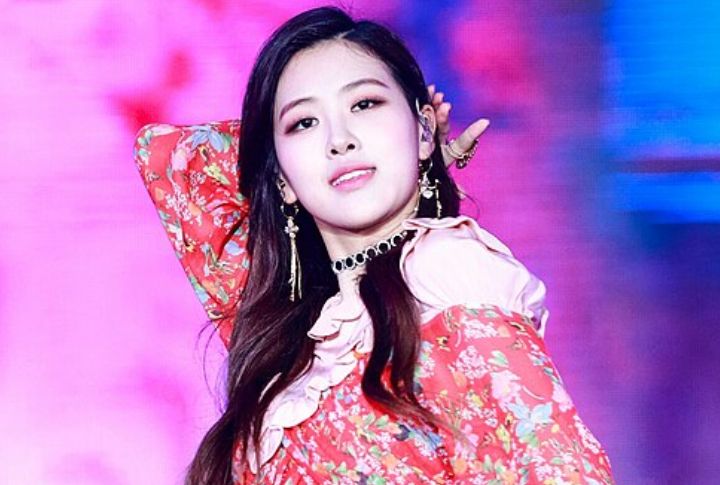
From the moment she stepped forward as BLACKPINK’s main vocalist, Rose carried something different—an ache, a sincerity, a rawness. In 2021, her solo debut, “On the Ground,” swept Spotify’s records in its first day. But beyond numbers, it was her vulnerability on stage that etched her into memory.

